
Find Out Anything From Anyone, Anytime
Secrets of Calculated Questioning From a Veteran Interrogator
Recommendation
In this comprehensive exploration, seasoned professional interrogator James Pyle and co-author Maryann Karinch highlight the psychological nuances of asking questions and analyzing answers. Heeding their advice will strengthen the questions you ask in your professional, social and family sphere. The authors’ occasional repetitiveness and reliance on multiple categorical lists are perhaps excusable – given the key fundamentals they establish as they break down the information your questions elicit into granular categories for analysis. They even explore the subtle word choices you make when crafting questions. Their advice is useful any time – on dates, during job interviews, at parties, or whenever you need to ask questions and create or deepen rapport. getAbstract recommends their clear program to anyone seeking to develop good communication skills and to elicit more information from others.
Summary
About the Authors
James Pyle worked for the Pentagon and the US Army as an intelligence-training instructor. Maryann Karinch has written or co-written many books on questions and lie detection.








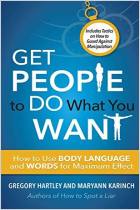
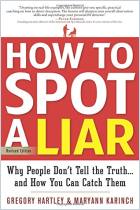

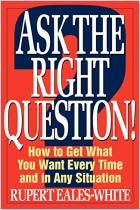

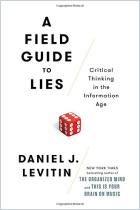
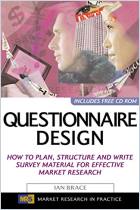
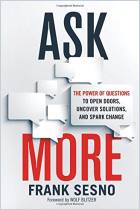




Comment on this summary or Diskussion beginnen